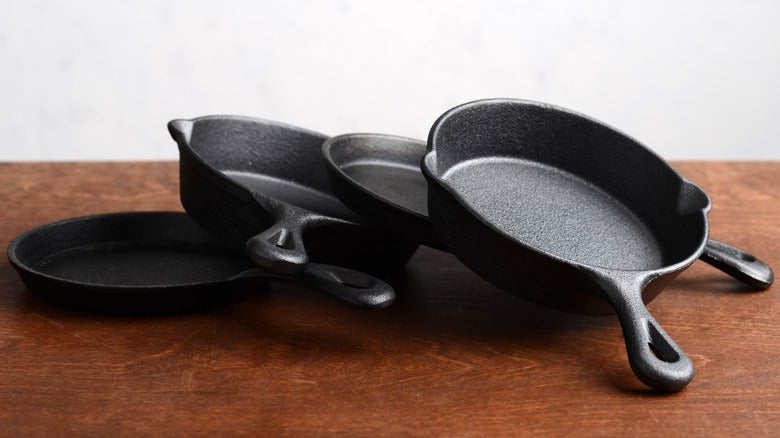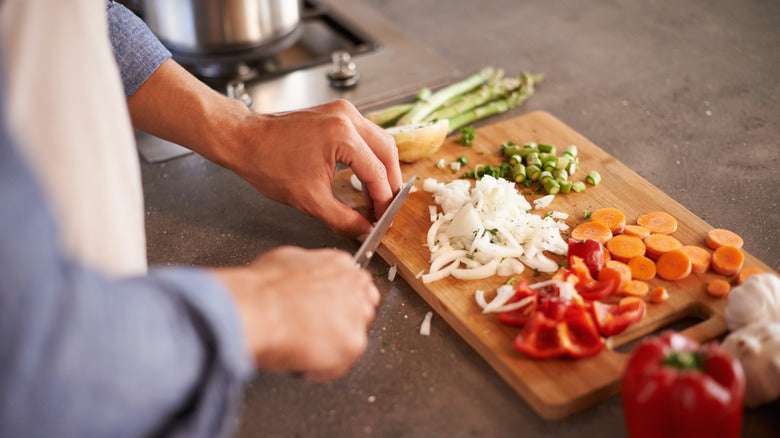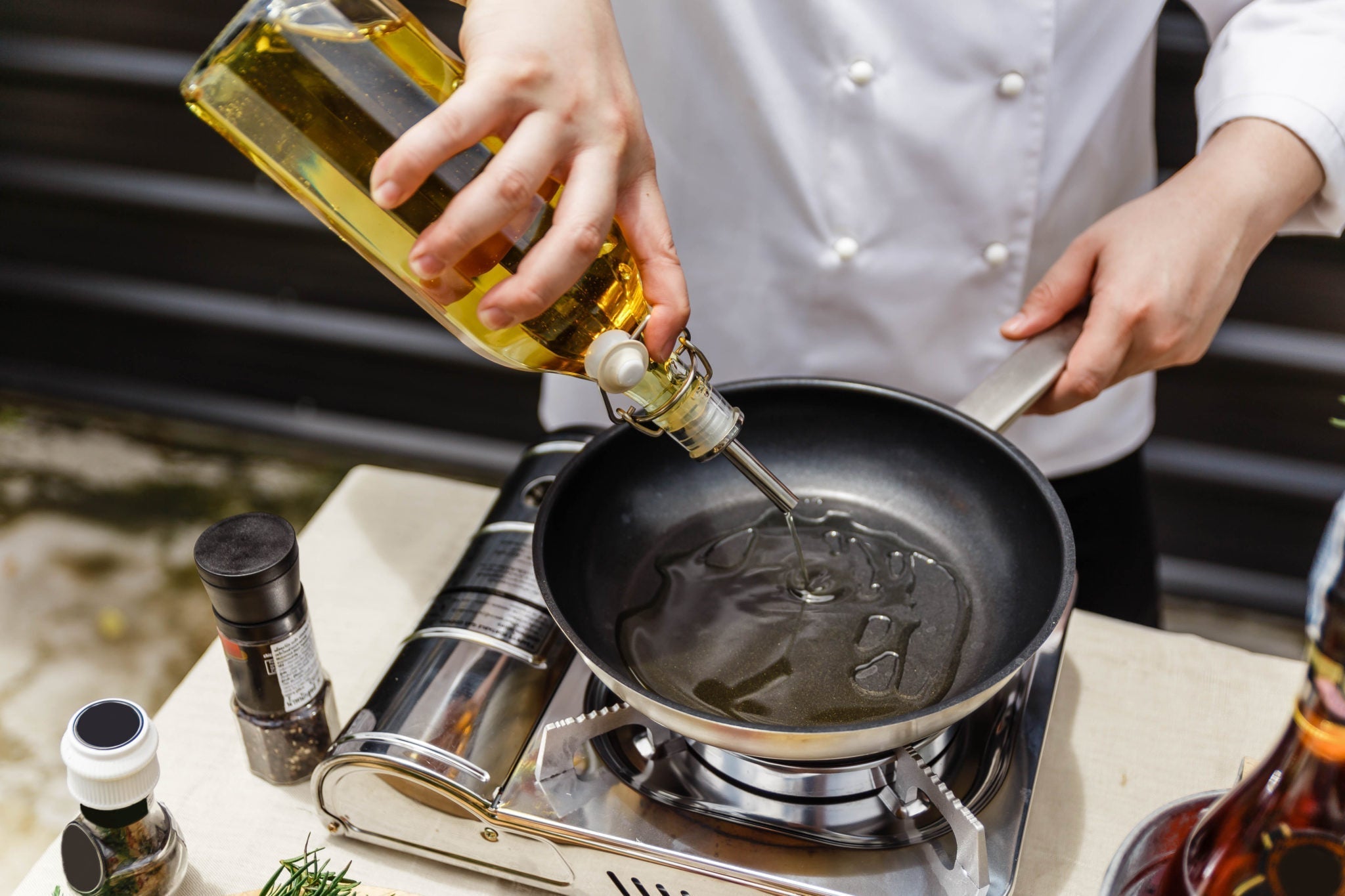Cooking with a copper skillet provides a unique experience and delicious results. However, this elegant cookware can easily show signs of stains and discoloration. One common culprit of such stains is balsamic vinegar. This article will guide you through effective methods on how to remove balsamic vinegar from copper skillet, allowing professionals and home cooks alike to maintain their beloved cookware.
Working in a professional kitchen often means that youre faced with challenges, especially when it comes to cleanliness and appearance. After preparing delicious dishes featuring balsamic vinegar, you may find yourself staring at unsightly dark marks on your copper skillet. Dont worry! We will share practical tips and expert techniques to rectify this issue.

Understanding the Problem: Why Balsamic Vinegar Stains Copper
Balsamic vinegar is a popular condiment, and its rich flavor can elevate a dish. However, it can stain copper cookware due to its acidity and dark pigments. When allowed to sit or if used in large amounts, it can leave behind stubborn spots that may seem impossible to clean. Understanding why these stains occur can help you prevent future damage.
Essential Tools for Cleaning Copper Skillets
- Soft cloth or sponge: For gentle scrubbing.
- Baking soda: A natural abrasive agent for cleaning.
- Lemon juice: A natural acid that can help lift stains.
- Salt: Works as an abrasive and also aids in stain removal.
- Mineral oil or copper cleaner: For polishing after cleaning.
Step-by-Step Guide: Cleaning Balsamic Vinegar Stains from Copper Skillet
Follow these carefully laid out steps to effectively remove balsamic vinegar stains from your copper skillet:
1. Immediate Action
As soon as you're done cooking, promptly clean any spills. The longer balsamic vinegar sits, the harder it can be to clean. Use a soft cloth or sponge to wipe away the excess.
2. Create a Cleaning Paste
Mix equal parts of baking soda and salt with a few drops of lemon juice to create a paste. This combination will naturally scrub away stains without damaging the surface of your copper skillet.
3. Apply the Paste
Gently apply the paste to the stained area with a soft cloth. Use circular motions and avoid using any harsh scrubbing pads that can scratch the surface.
4. Rinse Thoroughly
After scrubbing, rinse the skillet with warm water. Make sure to remove all traces of the cleaning paste, as leftover residue can affect future cooking performance.
5. Dry and Polish
Dry the skillet completely with a soft cloth. For an added layer of protection, apply a few droplets of mineral oil or a specialized copper cleaner, polishing with a clean cloth.
Preventing Balsamic Vinegar Stains in the Future
To keep your copper skillet looking pristine, consider the following preventative tips:
- Use less balsamic vinegar: When possible, experiment with less acidic alternatives to help avoid staining.
- Wash immediately: Clean your skillet as soon as you finish cooking to prevent vinegar from sitting.
- Store correctly: Keep your copper cookware in a dry place to help maintain their condition.
- Regular maintenance: Regularly polish and maintain your copper skillet to help reduce the visibility of future stains.
Related Articles on Kitchen Maintenance
If you're looking for additional cleaning tips, check out these related articles:
- Clean a Rod Iron Skillet
- Fix a Copper Chef Skillet
- Clean Cast Iron Skillet
- Season Cast Iron Skillet
- Clean Your Cast Iron Skillet
:max_bytes(150000):strip_icc()/how-to-make-your-favorite-cast-iron-skillet-last-forever-1022-2000-5edb8809448b46e2ac64ad7305aafb3a.jpg)
Frequently Asked Questions
1. Can I use steel wool on my copper skillet?
No, steel wool can scratch and damage the surface of your copper skillet. Always opt for soft cleaning materials.
2. Is there a specific copper cleaner I should use?
Look for a commercial copper cleaner designed specifically for cookware to effectively clean and polish your skillet.
3. How often should I polish my copper skillet?
Its best to polish your skillet every few uses, especially if you frequently use acidic ingredients like balsamic vinegar.
As an Amazon Associate, I earn from qualifying purchases.






Leave a comment
This site is protected by hCaptcha and the hCaptcha Privacy Policy and Terms of Service apply.